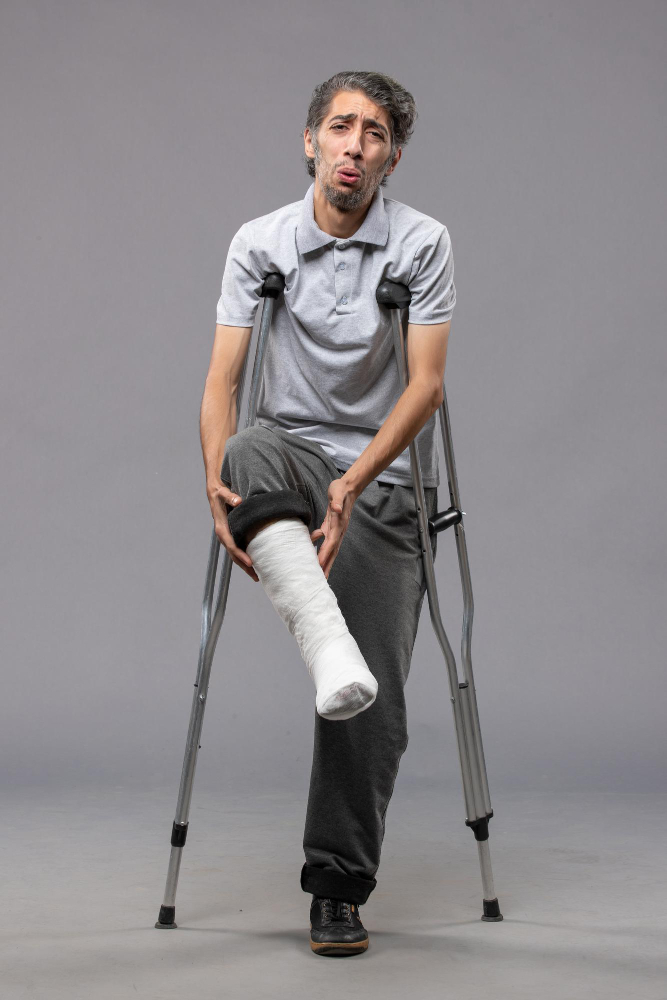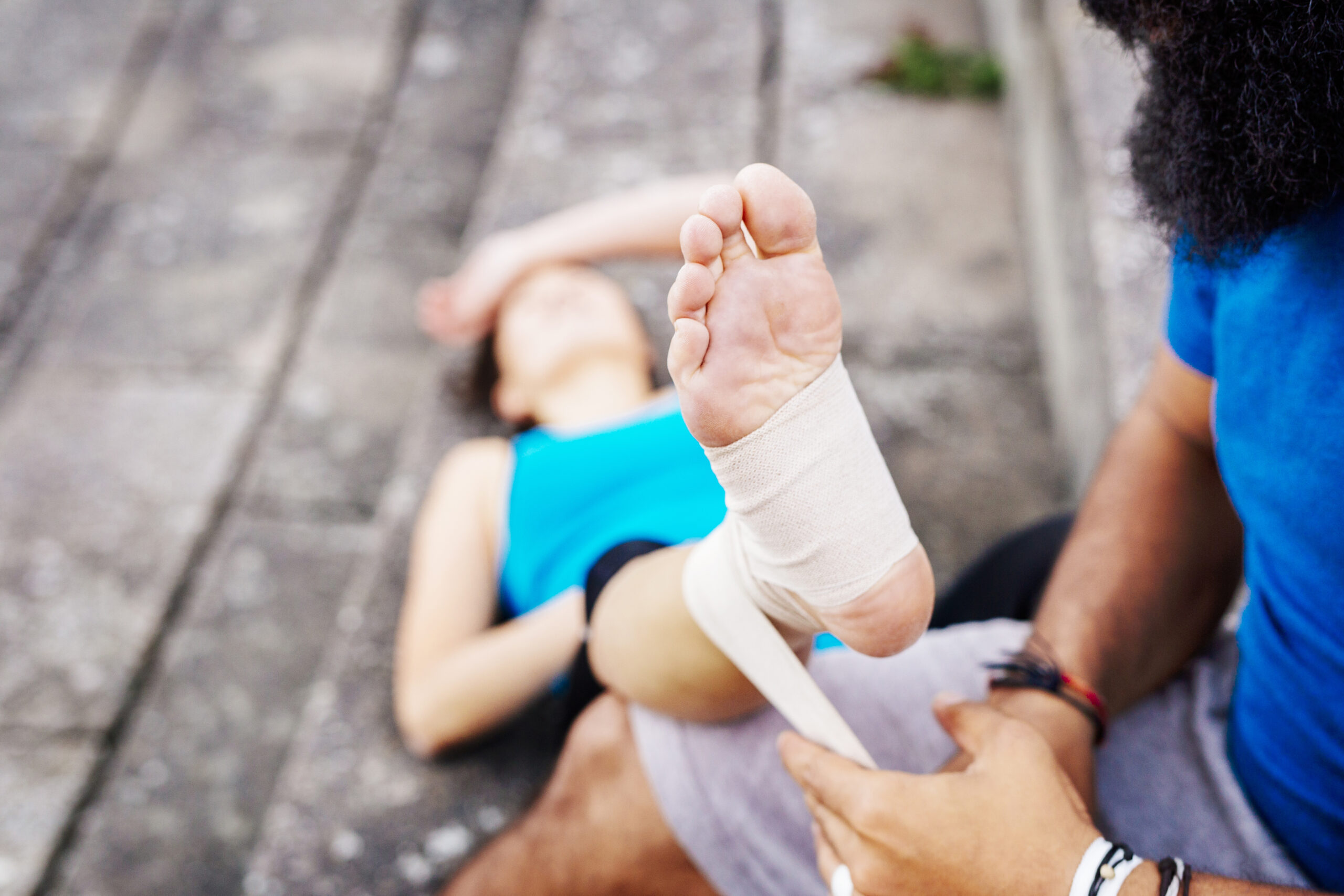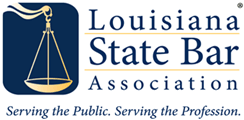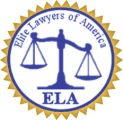- Bart Bernard
- Practice Areas
- Premises Liability
Premises Liability Lawyer

Bart Bernard is a highly skilled premises liability attorney who has procured multi-million-dollar settlements and jury awards for his clients nationwide. If you have been seriously injured on a business, public or private property, you may be entitled to legal compensation.










